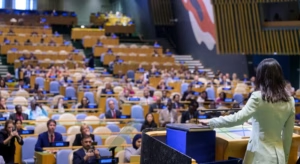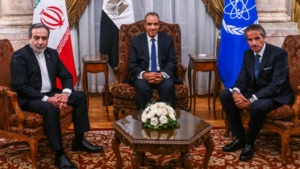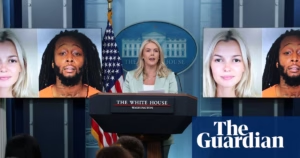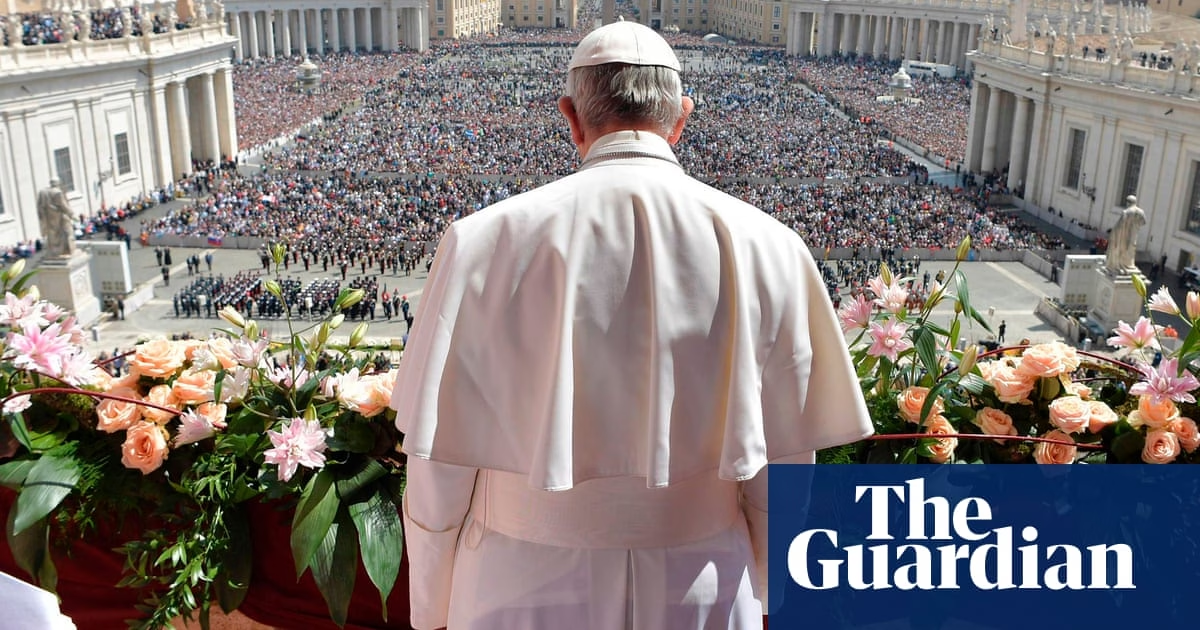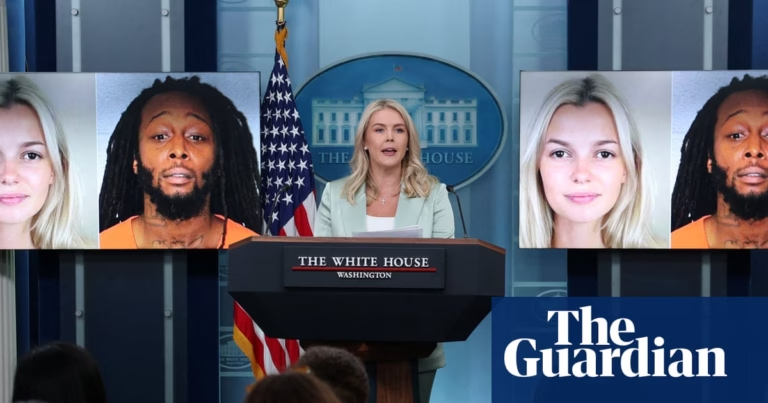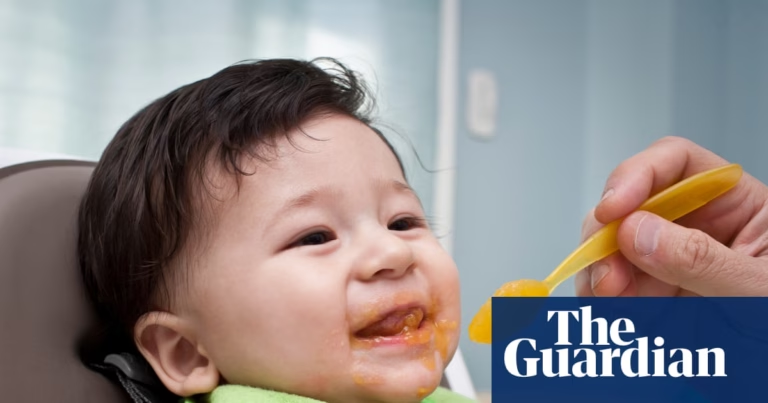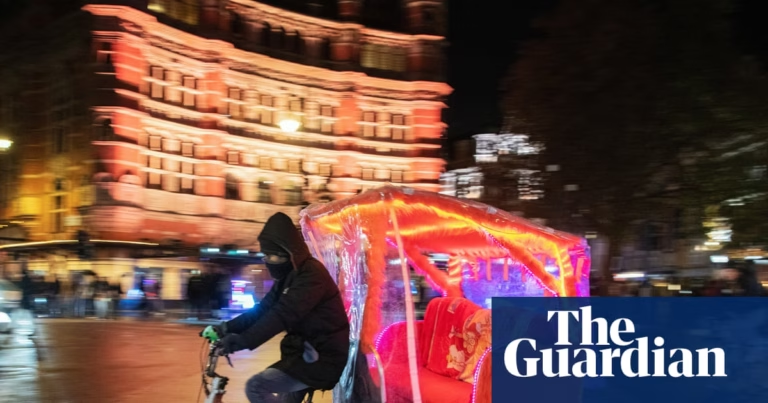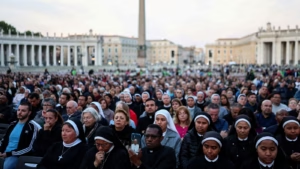Good morning, On Sunday, after a 38-day hospitalisation, Pope Francis greeted crowds in St Peter’s Square and wished them a happy Easter. At 7:35 am yesterday, he died at the age of 88, of a stroke and subsequent heart failure.
He taught us to live the values of the Gospel with fidelity, courage, and universal love, especially in favour of the poorest and most marginalised,” said Cardinal Kevin Farrell, who is tasked with running the Vatican’s day-to-day affairs until a new pontiff is chosen. “With immense gratitude for his example as a true disciple of the Lord Jesus, we commend the soul of Pope Francis to the infinite merciful love of the One and Triune God.
Francis was widely seen as one of the most consequential popes in recent times: an unpredictable leader who took office at a time of crisis, and unafraid of upsetting traditionalists – but also far from the simplistic progressive figure sometimes portrayed in secular accounts. And as preparations begin for the conclave that will elect his successor, it remains to be seen whether his outlook on the Church’s role in the world solidifies into an enduring legacy.
In today’s newsletter, I spoke to Anna Rowlands, a political theologian and professor of Catholic social thought at Durham University, about a figure who often defied his portrayal by both progressives and traditionalists alike – and whether the changes he sought in the Church will survive him. Here are the headlines.
Five big stories
Ministers are privately ruling out scrapping the two-child benefit cap, despite warnings from charities that a failure to do so could result in the highest levels of child poverty since records began. Government sources said charities and Labour MPs hoping for a change are “listening to the wrong people.”
Humanitarian agencies have rejected the findings of an Israeli military investigation that concluded the killings of 15 Palestinian medics and rescue workers last month were caused by “professional failures.” Jonathan Whittall, the UN’s humanitarian chief for Gaza, said the report represented a lack of “real accountability.”
Vladimir Putin has said for the first time in years that he is open to bilateral talks with Ukraine – having previously demanded that Volodymyr Zelenskyy be replaced before it could happen. Zelenskyy, whom the Russian ruler has falsely called an illegitimate president, meanwhile said Kyiv was prepared for any discussion to halt attacks on civilian targets.
Harvard University has filed a lawsuit against the Trump administration, alleging it is trying to “gain control of academic decision-making at Harvard.” The move comes in response to a freeze on billions in federal funding over the university’s refusal to accept demands including an attempt to enforce “viewpoint diversity” in teaching.
Almost 250 people have been imprisoned for breaching antisocial behaviour injunctions since 2020, with people being jailed for sleeping rough, begging, feeding birds and making a noise. Analysis by academics at York and Coventry universities found that more than half of people jailed had no legal representation at their hearings.
